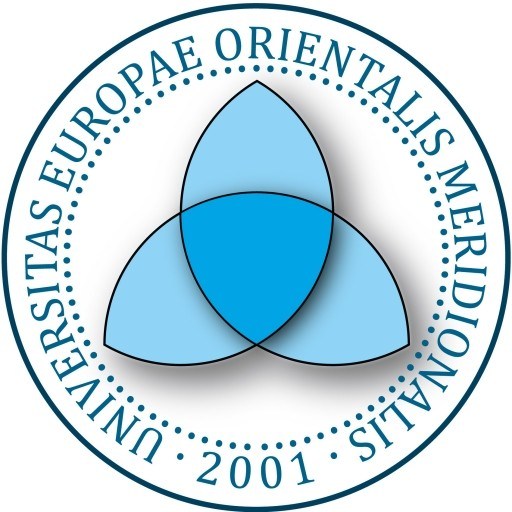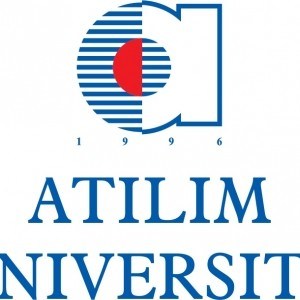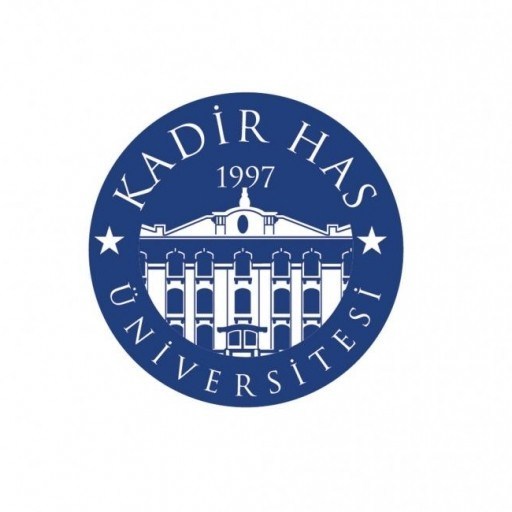Photos of university / #americanpublicu
The Bachelor of Arts in International Relations and Conflict Resolution (Peacekeeping) at American Public University offers a comprehensive curriculum designed to prepare students for careers in global diplomacy, peacekeeping operations, international development, and conflict management. This program aims to provide a deep understanding of the political, economic, and cultural factors that influence international relations and to equip students with the skills necessary to analyze and resolve conflicts in diverse settings. Students will explore topics such as international organizations, security studies, peacekeeping missions, human rights, and diplomacy, gaining insight into the mechanisms that maintain peace and stability worldwide.
Throughout the program, students will engage in critical thinking, research, and practical applications of conflict resolution strategies. The coursework emphasizes the development of effective communication, negotiation, and leadership skills to address complex issues faced by international organizations and governments. The program also emphasizes the importance of understanding the legal and ethical frameworks governing international peacekeeping efforts, as well as the challenges posed by globalization and emerging threats.
Designed for flexibility, the program allows students to study online, enabling them to balance their education with personal and professional commitments. With a focus on real-world applications, students have opportunities to participate in simulated negotiations, case studies, and projects that reflect current international conflicts and peacekeeping initiatives. Upon graduation, students will be prepared for various roles such as diplomatic service, international aid agencies, peacekeeping operations, and further graduate study in related fields. The Bachelor of Arts in International Relations and Conflict Resolution (Peacekeeping) from American Public University is committed to fostering informed, engaged global citizens ready to make a difference in promoting peace and stability around the world.
The Bachelor of Arts in International Relations and Conflict Resolution with a specialization in Peacekeeping at American Public University provides students with a comprehensive understanding of global diplomacy, conflict management, and peacekeeping strategies. The program is designed to prepare students for careers in international organizations, governmental agencies, non-governmental organizations, and other entities involved in conflict resolution and peacebuilding efforts worldwide. Throughout the curriculum, students explore the historical and contemporary issues that influence international relations, including global security, international law, human rights, and economic development. They gain insights into the causes of conflicts, methods of mediation, negotiation techniques, and the roles played by various international actors. The program emphasizes critical thinking, cultural awareness, and practical skills necessary for effective conflict resolution and peacekeeping operations. Courses cover topics such as international security, diplomacy, the United Nations and other international institutions, peacekeeping operations, crisis management, and post-conflict reconstruction. Students also develop research and analytical skills through projects, case studies, and simulations that mirror real-world conflict scenarios. The program aims to foster a deep understanding of the complexities involved in maintaining peace across different regions and cultural contexts. Graduates of the program will be equipped to analyze conflict situations objectively, design strategic interventions, and contribute to sustainable peace initiatives. The flexibility of online learning allows students to balance their education with personal and professional commitments while gaining access to expert faculty and a global learning community. Upon completion of the program, students will be well-prepared to pursue advanced degrees or enter the workforce in roles related to international peacekeeping, policy analysis, diplomatic service, and humanitarian aid. This program ultimately aims to cultivate skilled professionals dedicated to fostering stability and peace in an ever-changing world.
Program requirements for the Bachelor of Arts in International Relations and Conflict Resolution (Peacekeeping) at American Public University typically include completing a set of core courses, electives, and other academic requirements designed to provide students with a comprehensive understanding of international relations, conflict resolution, peacekeeping operations, and related fields. Students must generally earn a minimum number of credit hours, often around 120 to 124 credit hours, to graduate successfully. The curriculum includes foundational courses in political science, international relations, and conflict management, as well as specialized coursework focusing on peacekeeping strategies, international law, diplomacy, and security studies.
Students are usually required to complete introductory classes that cover the principles of international relations, the history of conflict, and the fundamentals of diplomacy, followed by more advanced courses that delve into peacekeeping operations, conflict analysis, and resolution techniques. Elective courses allow students to explore areas such as global security, regional studies, human rights, terrorism, and UN peacekeeping missions. Practical components, such as simulations, case studies, and research projects, are typically incorporated to enhance applied learning and critical thinking skills.
In addition to coursework, students often need to meet certain GPA standards, complete a capstone project or thesis in their final year, and demonstrate research proficiency. Some programs may require internships or volunteer work with organizations involved in peacekeeping or conflict resolution activities, although these are not always mandatory. Additionally, there may be language proficiency requirements or prerequisites in related disciplines for advanced coursework. Overall, the program aims to equip graduates with the knowledge and skills necessary for careers in international organizations, government agencies, NGOs, or further graduate study in related fields.
The American Public University offers a comprehensive and flexible financing options for students enrolled in the International Relations and Conflict Resolution (Peacekeeping) program. Tuition rates are competitive and are designed to accommodate a wide range of students, including working professionals and international students. The university provides transparent information regarding costs, with detailed breakdowns available on their official website, ensuring students can plan their finances effectively.
Financial aid opportunities are available through federal and state grants, including the Free Application for Federal Student Aid (FAFSA), which students can apply for to receive need-based assistance. The university also participates in military and veteran benefits programs, such as the GI Bill, making it an attractive option for active service members and veterans seeking to advance their education in international relations and conflict resolution.
For working adults, the university offers various payment plans that allow students to spread out tuition payments over time without accruing additional interest or fees. Scholarship programs specific to the university provide opportunities for merit-based funding, which students can apply for during the admission process. These scholarships are awarded based on academic achievement, leadership qualities, and commitment to conflict resolution fields.
The university encourages students to explore external funding sources, including private scholarships and employer tuition reimbursement programs, which can significantly reduce the financial burden of obtaining an advanced degree. International students are advised to consult with the university’s international student office for specific guidance on scholarships, visas, and alternative financing options available for their circumstances.
Additionally, students enrolled in the program can benefit from the university’s commitment to affordability through ongoing tuition discounts for returning students and those who enroll in multiple courses. The university emphasizes making higher education accessible and affordable, providing dedicated support to help students identify and secure the best financial pathways for completing their degree in International Relations and Conflict Resolution (Peacekeeping). Overall, American Public University’s financing options aim to make international relations education attainable for a diverse student body by offering a variety of funding sources, flexible payment options, and comprehensive support services.
The Bachelor of Arts in International Relations and Conflict Resolution (Peacekeeping) at American Public University is designed to provide students with a comprehensive understanding of global politics, international conflict, and peacekeeping strategies. The program emphasizes the development of critical analytical skills necessary to assess international issues, facilitate diplomatic negotiations, and contribute to peacebuilding efforts worldwide. Students explore various aspects of international relations, including diplomatic history, international law, human rights, and security studies, equipping them with a well-rounded perspective on global affairs.
Throughout the degree, learners engage with contemporary challenges such as terrorism, insurgency, ethnic conflicts, and the role of international organizations like the United Nations in conflict resolution. The curriculum integrates both theoretical frameworks and practical applications, encouraging students to analyze real-world scenarios and develop effective solutions. Coursework includes case studies of peacekeeping missions, negotiation techniques, conflict analysis, and the ethical considerations involved in international intervention.
The program is designed to be accessible and flexible, catering to working professionals and those seeking to serve in diplomatic, governmental, or non-governmental organizations. It emphasizes online learning, allowing students to complete coursework remotely and at their own pace. The faculty comprises experienced professionals with backgrounds in diplomacy, security, and conflict resolution, providing students with valuable insights and mentorship.
Graduates of this program are prepared for careers in international organizations, government agencies, non-profit organizations, or further academic pursuits in international relations or security studies. The program aims to foster skills in leadership, intercultural communication, and strategic thinking, all essential for effective participation in global peacekeeping initiatives. Additionally, opportunities for internships and practical projects may be available to enhance experiential learning and prepare students for real-world challenges in conflict prevention and resolution.
Overall, the Bachelor of Arts in International Relations and Conflict Resolution (Peacekeeping) from American Public University offers a rigorous, relevant, and accessible education for those interested in making a positive impact on global peace and security.










